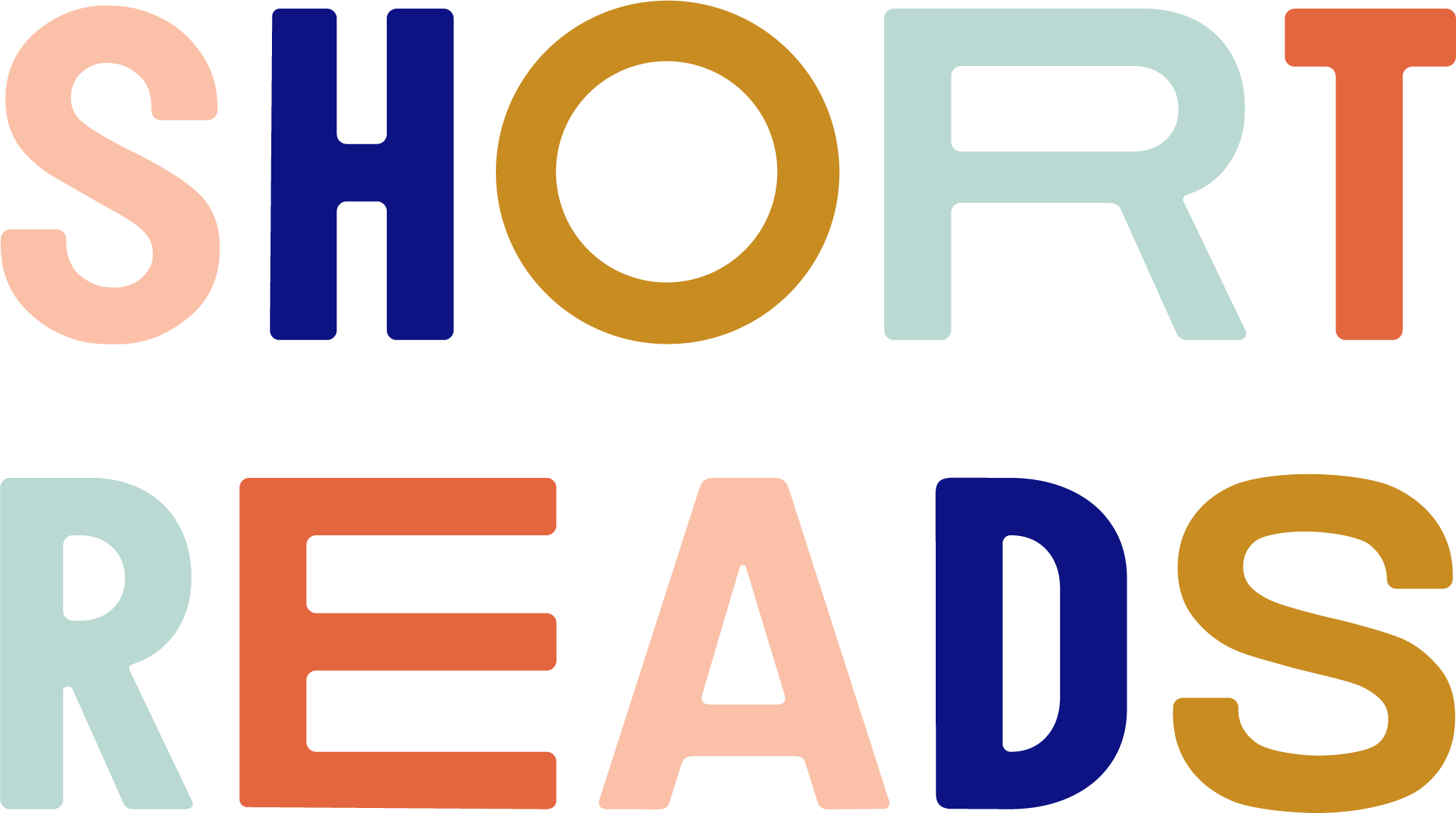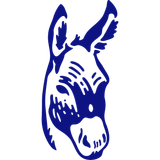The Essay Determines How It Will Begin
by Suzanne Roberts | Pay attention.

The essay is a transgression. The night you move back in with your ex-husband, you dream you are in bed with your mother.
The essay reveals the world we grew up in. Six days after Daddy’s death, Mother goes on a date with the neighbor. When she comes home, she stands in the hallway, her naked breasts cupped in her hands, and asks, Do you think I should have them lifted?
The essay is a dilemma. When you leave Mother’s house, you have a dream you abandoned a baby in the desert, forgot about her until it was too late. You write a poem about the dead baby, then climb on top of your ex-husband and imagine he’s a dolphin. And you can breathe salt water.
The essay is unremarkable. When you think of Daddy, you remember his canvas shoes, rubber soled. Bought at the CVS. You think of him on his way to the grocery. Pushing a vacuum through the black end of his days.
The essay is a discovery. Found hidden in the filing cabinet: three bottles of rye, two fifths of gin, a carton of Winstons between Daddy’s files—plays he’d written, soap opera scripts, television treatments.
The essay is a bit of wobble in the system. Mother says you have wasted thousands on therapy; says she would have given you all the advice you needed for free.
The essay is a naming. You are forbidden to call her Mother. Mom is better. Mommy’s best.
The essay is ruthless. Grandfather locked Mother in the dark coal house with the spiders. Set her on his lap every New Year’s Eve and asked for a kiss. On the lips.
The essay is a reciprocity. Mother was a beauty queen. Nanny found her a man. Much older than young mother. And married.
The essay is a betrayal. Nanny made Mother drown a sack of kittens, cooked Mother’s pet rabbit.
The essay is retribution. Nanny says it’s only bad being blind in the middle of the night. When you are alone in the dark. When the black-haired girl there—she points in the direction of the ceiling—on the tightrope comes, asking for salt.
The essay is a dying wish. It’s raining, and you are soaked from walking in it. Daddy has come out onto the wet streets in his car to find you. He begs you to get in, tells you he’s dying. He makes you promise you won’t break up with Mother. After he’s gone.
The essay is a black hole. Into it went Daddy, his twin sister, and her kind husband. A young grandmother who burned up in a plane crash long before you were born. A grandfather and two more wives. The second wife drove into a snowplow on purpose after a young uncle fell out the window. Three cousins in Auschwitz. Another cousin who liked the drink. A young brother-in-law who hoped eating from wooden spoons would cure cancer. An aunt who drowned in the bathtub on purpose. Your blind nanny, who could no longer make up her face for the pub. A dear friend who became your sister. Into the black hole went a guinea pig named Alfie, your two favorite dogs, and the fetus you carried briefly.
The essay is an accumulation of grief. Mother says to get over it.
The essay is a definition for love. You ask Daddy, “What’s fuck?” Making love, he answers. You still don’t understand. The boy from school had said the kicked-in door was fucked. You try to equate that with love. You are seven, and you are afraid to ask more questions, afraid Daddy will shout at you, but he doesn’t. Today he calls you Kiddo, asks what kind of ice cream you would like on your cone. “Mint chip,” you say. “I would like mint chip.”
The essay is an inheritance. Mother keeps Daddy on the shelf. Says you better not throw them both away if she pops off. “When,” you say. “When you pop off.” Don’t be mean, she says. Why are you always so mean?
The essay is a promise. You say you’ll take them to the desert, watch the boxes burn, the smoke rising into a star-winking sky. You wouldn’t dare, Mother says. And no water either. We’ll be just fine in your closet.
The essay determines how it will end. A story is a papier-mâché carnation; the essay is a spotted purple orchid on your table. The one whose name you don’t know. The one that looks fake but is real.
Suzanne Roberts is the author of Bad Tourist: Misadventures in Love and Travel, Animal Bodies: On Death, Desire, and Other Difficulties, and Almost Somewhere: Twenty-Eight Days on the John Muir Trail (being released October 2023 in a new edition). She’s at work on a craft book based on her Substack newsletter, 52 Writing Prompts. More information at suzanneroberts.net.
This essay originally appeared in Brevity #50 (2015), and was reprinted in Animal Bodies: On Death, Desire, and Other Difficulties (University of Nebraska Press, 2022).

Support our efforts: ☕ buy us a coffee.






